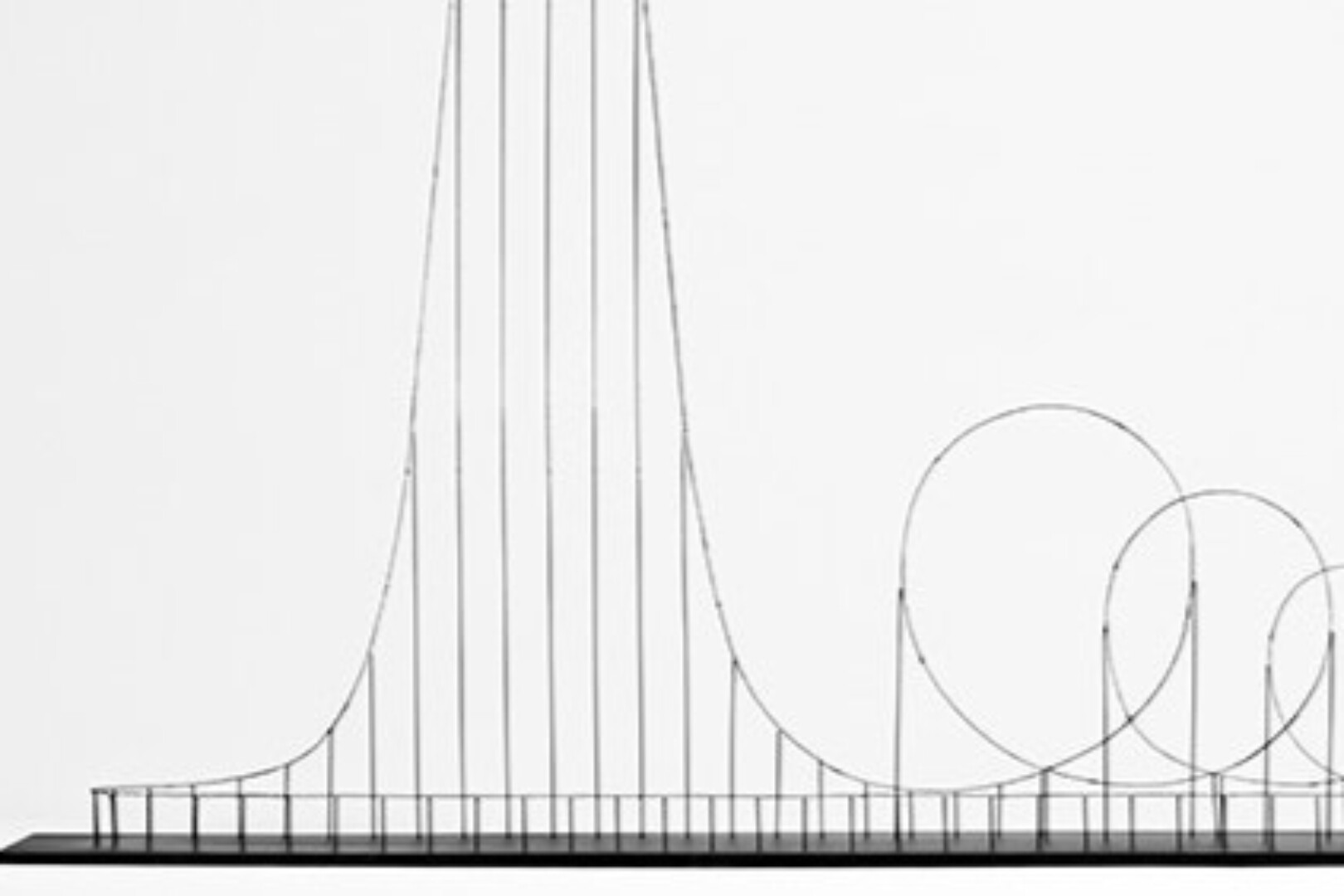Original author:Coindesk Tracy Wang
Original compilation: PANews
Original author:
The aftermath of the FTX crash has not dissipated. According to the latest outflow of a copy of the annual investor letter, the hedge fund Multicoin Capital’s loss in 2022 is as high as 91.4%. There are two main reasons. First, the entire encryption market was too volatile last year. was also "directly and indirectly" affected by the FTX crash.
Multicoin Capital said frankly in the letter: "Although it successfully avoided the impact of the catastrophic implosion of LUNA and Three Arrows Capital in early 2022, it did not escape the FTX crash, nor did it expect that the FTX bankruptcy would spread to the entire encryption market. After a phenomenal 2021, Multicoin Capital’s 2022 performance is the worst year since the fund’s inception.”
first level title
Multicoin Capital is one of the largest and oldest investment management companies in the encryption industry, and is generally considered to be a very shrewd encryption investment management company. Its managing partner, Kyle Samani, launched a hedge fund strategy in October 2017, aiming at Investing in liquidity tokens, Multicoin Capital also runs three venture capital funds and invested in the now-defunct exchange FTX.
In fact, Multicoin Capital not only entrusted some assets to FTX, but also made some wrong bets, such as long-term bullishness on Solana’s native token SOL and Solana-based asset Mango, in addition to holding FTX.US equity and a large number of outstanding derivatives goods contract. In another investor letter in November last year, Multicoin Capital disclosed its financial situation in detail, revealing that about 10% of its assets are hosted by FTX, and it holds a large number of FTT, SOL and SRM, but now the prices of these tokens have fallen sharply. diving.
first level title
Mistakes in management decisions led to widening losses
However, compared with other investment companies that quickly severed FTX and wrote down their assets, Multicoin Capital also seemed to have a problem with its strategic decision-making. They claimed at the time that they did not have plans to close their flagship product or switch to proprietary trading business in time. , saying only that it will improve operations and infrastructure in an effort to reduce counterparty risk.
Obviously, this kind of judgment is problematic. I believe everyone knows what happened afterwards. As FTX is unable to recover and enters bankruptcy proceedings, the possibility of Multicoin Capital recovering assets continues to decrease. Finally, it has no choice but to decide to write down the relevant assets to zero. , although they have not yet specified the write-off amount, but market experts believe that the related write-down figure may exceed 850 million US dollars.
first level title
Will Multicoin Capital be the next casualty of the FTX debacle?
What is "interesting" is that the situation of Multicoin Capital may not be as bad as everyone imagined. According to the data disclosed in the investor letter of the fund, although the size of the fund has shrunk sharply, since its establishment to 2022, the Multicoin Capital hedge fund has deducted fees. The growth rate is still 1,376%. After entering 2023, the encryption market has ushered in a short-term low point rebound, which has promoted its fund to rise by 100.9% in January this year. Since its establishment to January 2023, the growth rate has reached 2,866%.
In addition, Multicoin Capital’s losses last year were mainly due to its assets stranded on FTX and its holdings of tokens directly affected by FTX, such as FTX’s native token FTT. According to Multicoin Capital's investor letter, the fund had created a "side pocket" for assets affected by the FTX crash in November last year, stripping these assets from the main fund, including keeping them in FTX transactions. The assets of the exchange (currently in bankruptcy proceedings), and the assets withdrawn from FTX (which may be recovered due to legal proceedings in the future).
Not only that, Multicoin Capital also stated that new measures have been taken to "mitigate counterparty risk", such as-
Only assets that support 48-hour transactions will be kept in the exchange each time (not all assets will be placed in exchange custody).
Cooperate with more encrypted asset custodians to further diversify custody risks.





